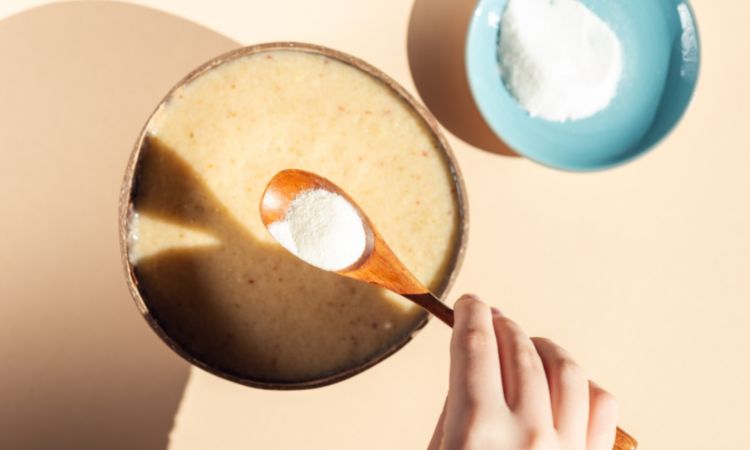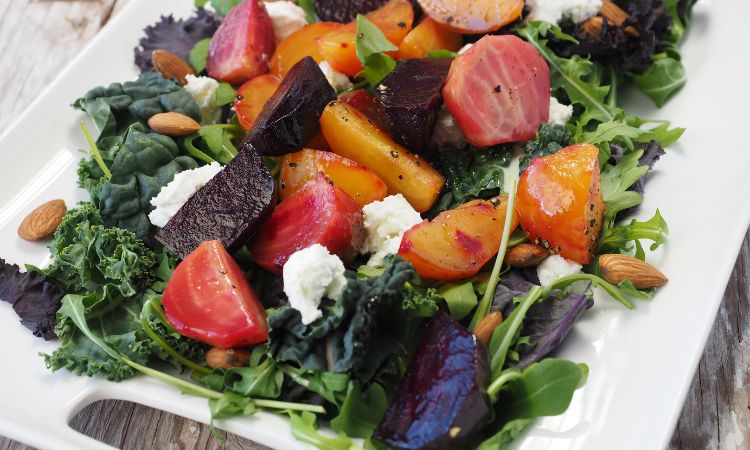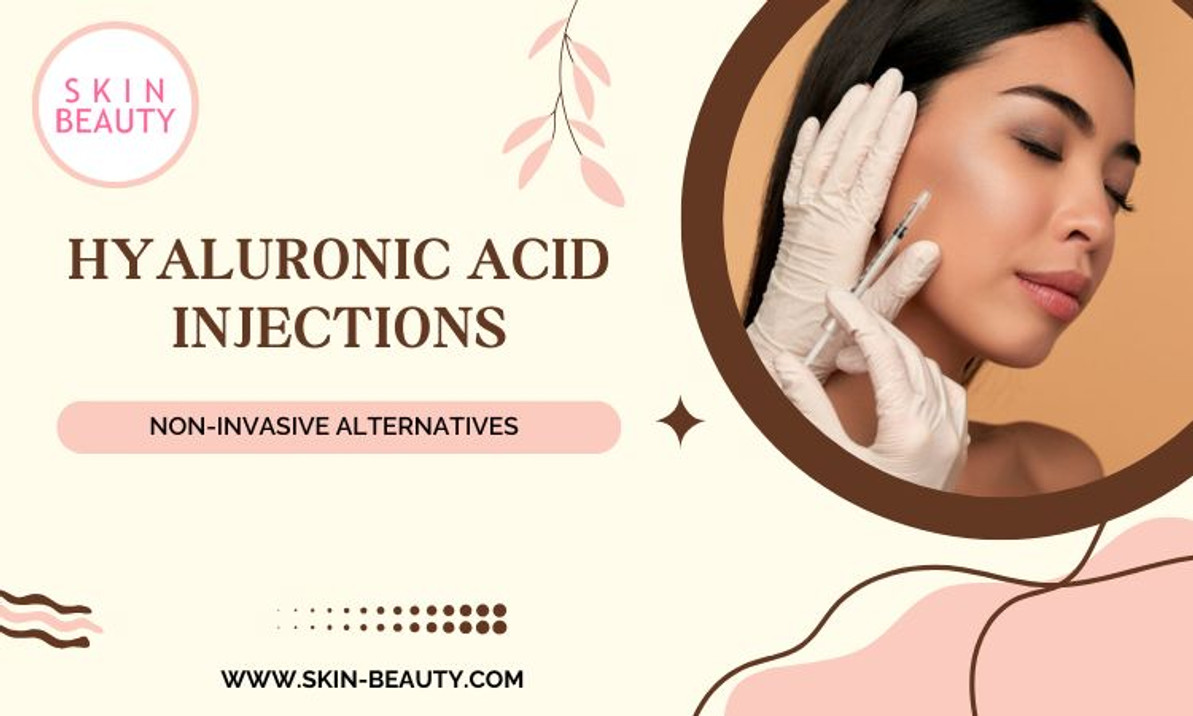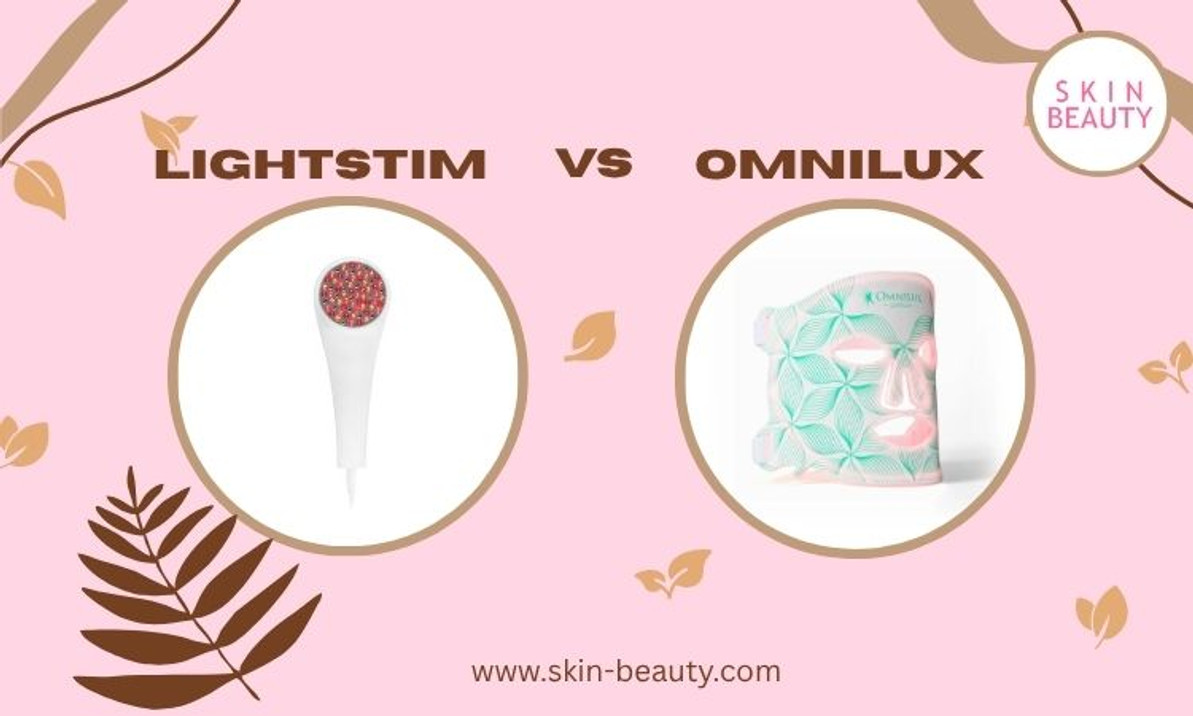What is Plant-Based Vegan Collagen?
If you follow a plant-based diet that doesn’t include foods like bone broth or meat, is there a way you can still benefit from collagen? There is technically no such thing as vegan collagen, but there are ways to boost your body’s natural collagen production with plant-based sources. So what plant-based collagen boosters should you focus on to help support collagen synthesis (which can contribute to benefits, like support for healthy joint comfort and skin health?) Vegan collagen builders include vegetables, fruits, seaweeds, nuts, and seeds high in antioxidants and other essential nutrients.
What Is Collagen?
Collagen is an essential type of structural protein containing 19 different amino acids, the “building blocks” that form larger proteins. Protein helps create connective tissues throughout the body, including joints, tendons, skin, muscles, bones, and organs. Benefits from collagen include providing support for joint health, skin health, gut health, muscle building and exercise recovery, the health of the heart, arteries, and much more. Although your body makes its collagen, you’ll naturally start producing less as you age. Aside from aging, other lifestyle factors can also diminish collagen levels, including eating unhealthy, smoking, too much sun exposure, or stress.

How is Vegan Collagen Sourced?
What is vegan collagen? It is common to compare vegan collagen vs. animal collagen, but there is no such thing as vegan collagen. All collagen is animal-based in food and supplement form, as it’s found in sources including bone broth, beef, organ meats, chicken, fish, and eggshell membranes. Though you can not get collagen directly from plants, you can include protein-rich foods and collagen-boosting foods in your meals to help optimize your levels. In addition, an overall healthy diet with plenty of protein/amino acids, vitamins, minerals, and antioxidants can support your body’s ability to make collagen while keeping a healthy response to oxidative stress and inflammation that can diminish collagen.
How is Collagen Made in the Body?
Plants have no direct source of collagen, so how do vegans consume collagen? The body makes collagen on its own using amino acids, which are acquired from foods containing protein. Amino acids are then chained together to form collagen fibers. You can maintain healthy collagen levels with the help of nutrients including vitamin C, zinc, copper, and others. It would help if you were consuming foods high in amino acids that form collagen and elastin (a protein found in connective tissue). Protein-rich foods that provide amino acids (AAs) like proline, glycine, arginine, and lysine are incredibly beneficial since these are found in collagen protein. A vegan diet doesn’t include the highest foods in these AAs, such as bone broth, eggs, codfish, spirulina, and gelatin; however, a well-rounded diet gives you enough protein to meet your needs.

How to Boost Collagen With Plant-Based Sources
1. Eat protein
Although it can sometimes be challenging to get enough protein while following a vegan diet, it’s crucial because protein-rich foods play an essential part in collagen synthesis. Vegan sources of protein to consider include:
- Soaked and sprouted beans
- Organic tofu
- Nuts and seeds
- Whole grains
- Nutritional yeast
2. Consume Vitamin C and Other Antioxidants
Vitamin C is one of the essential nutrients to have in your diet. In addition, vitamin C supports collagen levels since it doubles as an antioxidant required for producing type I collagen. Therefore, foods high in vitamin C and other antioxidants can help boost collagen production and support connective tissue health. Here are some of the most beneficial sources of vitamin C and antioxidants:
- Green vegetables including spinach, kale, and arugula
- Citrus fruits, such as oranges and grapefruit
- Berries and cherries
- Kiwi fruit
- Other nutrient-dense veggies include broccoli, Brussel sprouts, cabbage, mushrooms, carrots, butternut squash, sweet potatoes, onions, tomatoes, and bell peppers
- Fruits like papaya, mango, and pineapple
- Garlic, onions, leeks, and chives
- Green tea
- Turmeric, ginger, clove, cinnamon, rosemary, parsley, thyme, and oregano

3. Increase Intake of Nutrients
Nutrients including zinc, manganese, and copper support collagen production. These essential nutrients are in plant-based foods, including:
- Pumpkin seeds
- Chickpeas, lentils, and lima beans
- Organic tofu
- Oatmeal
- Where germ
- Spinach and other greens
- Mushrooms
- Chia seeds
- Quinoa
- Cashews, walnuts, and almonds
- Cacao
- Brown rice
- Sweet potatoes
- Lima beans
Fermented foods containing probiotic bacteria are also beneficial for supporting gut health and a healthy immune system, which can contribute to maintaining connective tissue. The foods to keep in mind include yogurt, kefir, apple cider vinegar, fermented pickles, sauerkraut, and other veggies.
4. Live a Healthy Lifestyle
Sleep deprivation, excessive alcohol, other drugs, and chronic stress are all lifestyle factors linked to various adverse health impacts. These can be rough on your immune system and are considered collagen diminishers, regardless of the exact type of diet you follow. Therefore, in addition to eating a nutrient-rich diet, focus on holistically taking care of your health to support your mental and physical health, including your gut and immune system. Getting enough exercise, sleeping for 7 to 9 hours per night, getting some sunlight, avoiding cigarettes, sugar, and alcohol, stretching, and taking a warm shower before bed is also ways to establish a health-promoting routine.

Conclusion
- Though there isn’t such a thing as plant-based or vegan collagen, your diet is still essential for amino acids that your body can use to make collagen.
- Emphasizing a nutrient-dense diet with lots of antioxidants and vitamin C from vegetables, fruits, herbs, and spices, plus vegan protein sources like protein powder, legumes, nuts, and seeds are helpful.
- Increasing your intake of probiotic foods and nutrients such as zinc, copper, lentils, legumes, and whole grains would be best.
Have We Missed Anything?
- We Would Like To Hear From You!
- Which Advice Did You Find Valuable Today?
- Let us Know Down Below in the Comment, Review Section!
- Visit Skin-Beauty.com for more blogs, and beauty products!
Recent Posts
-
Hyaluronic Acid Injections
Hyaluronic Acid Injections: What to Know & Non-Invasive Alternatives That Actually Work In the p …Jun 17th 2025 -
Kojic Acid Creams
My Kojic Acid Journey: How One Ingredient Transformed My Skin (And the Best Kojic Acid Creams to Try …Jun 11th 2025 -
LightStim vs. Omnilux
LightStim vs. Omnilux: My Real LED Skincare Results & Which One I Recommend LED light therapy&nb …Jun 3rd 2025




